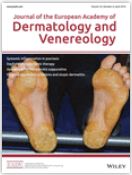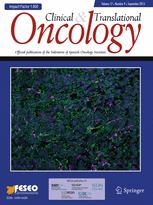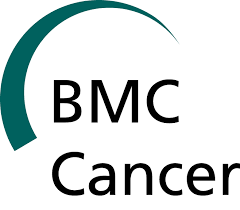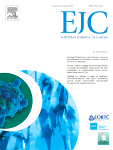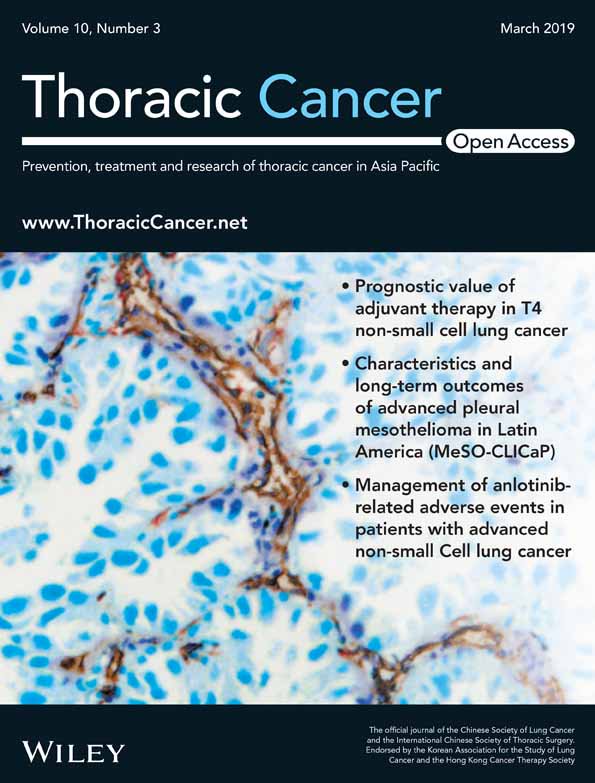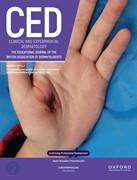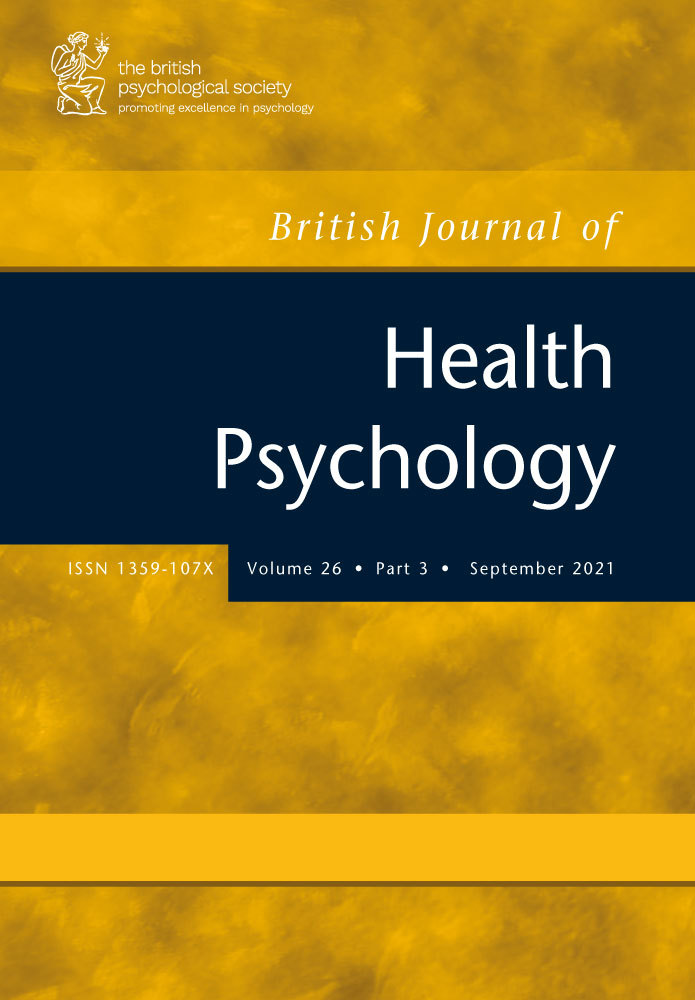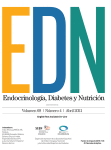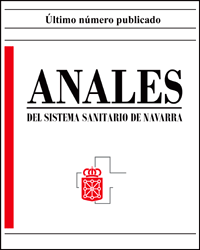Trends in mortality from cutaneous malignant melanoma in Spain (1982‐2016): sex‐specific age‐cohort‐period effects
Background Mortality from malignant cutaneous melanoma increased alarmingly during the second half of the 20th century in Spain and other European countries. Objective The aim was to analyze sex and age‐specific trends in melanoma mortality in Spain in the period 1982‐2016. Methods European age‐standardized melanoma mortality rates during the period 1982‐2016 were calculated from mortality…



